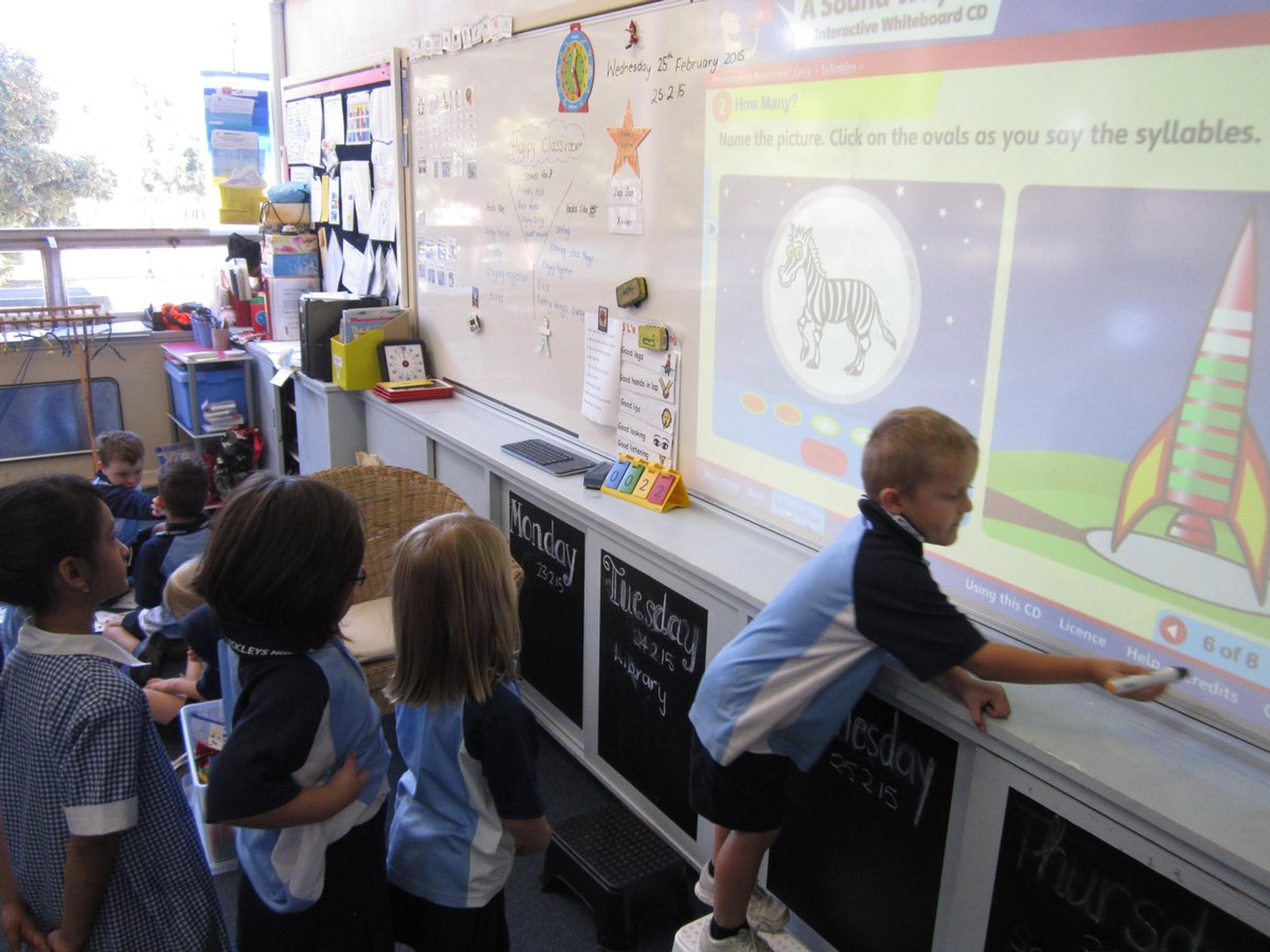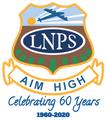Reception - English

Term 2
It is crucial that children are exposed to a broad range of text types or genre from the very beginning of school. This term we will explicitly teach Recounts and descriptive writing (the foundational skill of all text types), while exposing children to the structures of a Narrative through ‘read aloud’, role play and story boards. Students will be exposed to Narrative texts with the reading aloud of quality literature to the class. Teachers ‘think aloud’ to students; modelling how good readers use expression when reading and discuss the comprehension strategies readers use to understand what they read. Teachers question students and encourage them to ‘notice’ and ‘wonder’ to ensure they understand that reading is an active process! Non-Fiction text is also modelled and linked in with HASS to ensure our reading programs are comprehensive and balanced and that children understand that ‘we read different text differently’. In addition, students from LA19 visit Reception classes during Discovery Time as ‘Reading Buddies’. These older children read and model picture books to our students- a wonderful experience for all involved!
Explicit phonological awareness and phonics programs will continue to be used this term to move children along in their speaking, reading and writing. We will continue with our Jolly Phonics focus around sounds. We will be consolidating the 44 sounds introduced to children in the program and explicitly teach key concepts such as vowels, consonants, digraphs and other ‘essential learning’ that form the foundational skills of reading and writing. Phonological awareness activities will continue to be a key part of our program for all students to ensure children continue to develop their understanding of the sounds in spoken language. Children are participating in workshops held across all Reception classes each day, to ensure they have targeted support and learning to help them progress in critical areas of English. These Target Time workshops will include phonological awareness (blending and segmenting, rhyming and consolidation of syllables) and phonics (linking sounds to letters and learning to form letters of the alphabet correctly). Groups are needs-based and are fluid - meaning children will move around depending on their needs in each skill area.
Teachers continue to reflect on lessons to ensure that each and every child is in a group matching their current developmental needs. These groups remain fluid and each child’s growth is continuously monitored. Oral language, phonological awareness and fine motor skills will also be targeted during these sessions. The learning intentions and success criteria in all areas of English will be consistent with discussions from our Professional Learning Team meetings and the Australian Curriculum to ensure consistency across classes.
Handwriting will also be targeted this term to ensure children are forming the letters of the alphabet correctly. We will be incorporating weekly handwriting lessons into our programs using the ‘Writing Time’ resources. Letters are grouped according to how they are formed (usually their starting points) and provides a common language across all Reception classes and a fun and interactive way to teach handwriting. Children will be using dotted third paper and will have a handwriting practice book for home work from week four of this term. Further information will be supplied with the workbook when your child brings it home shortly. The 'pincer grip' will be explicitly taught to children to ensure they are gripping their pencil correctly from the very beginning of school.
